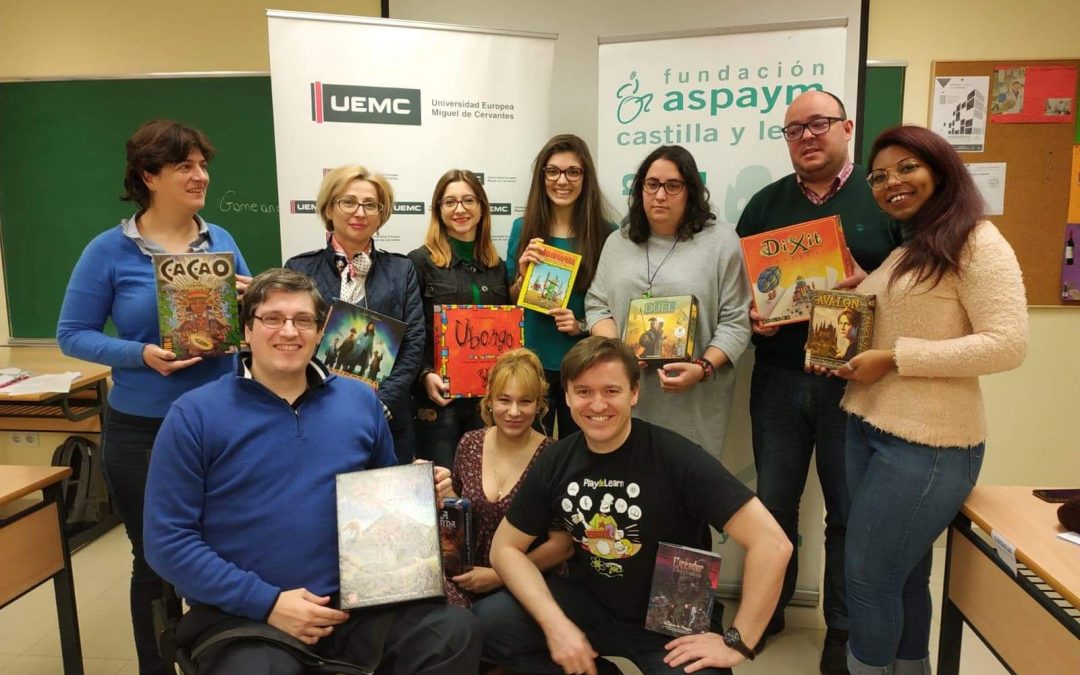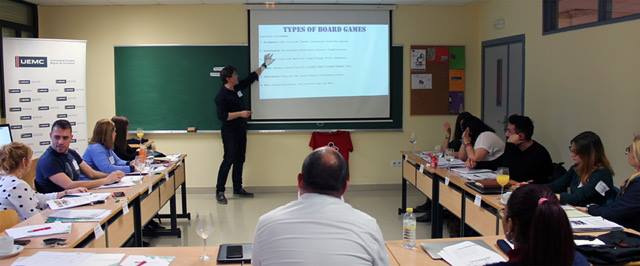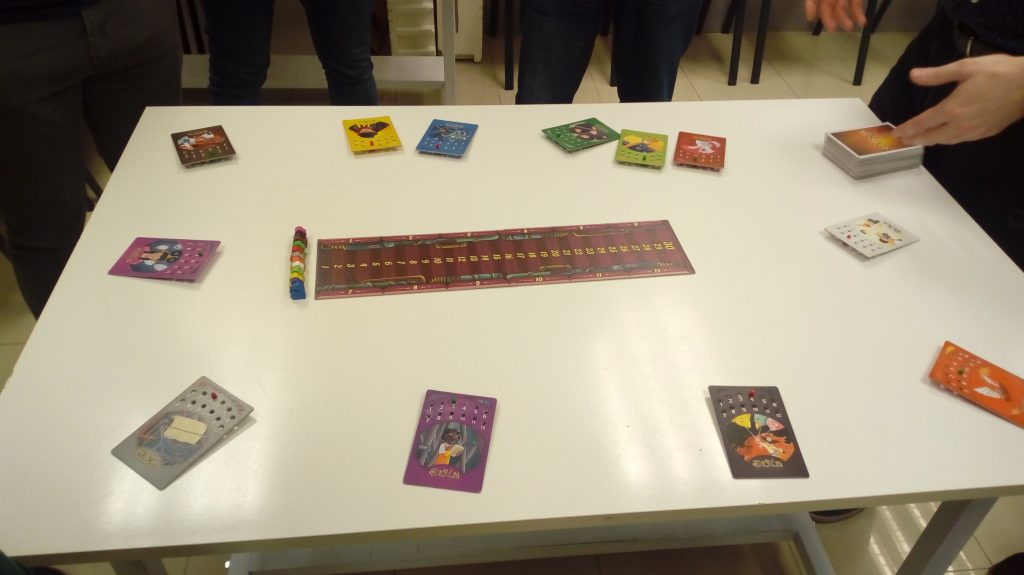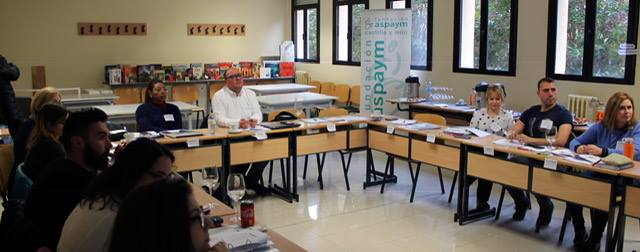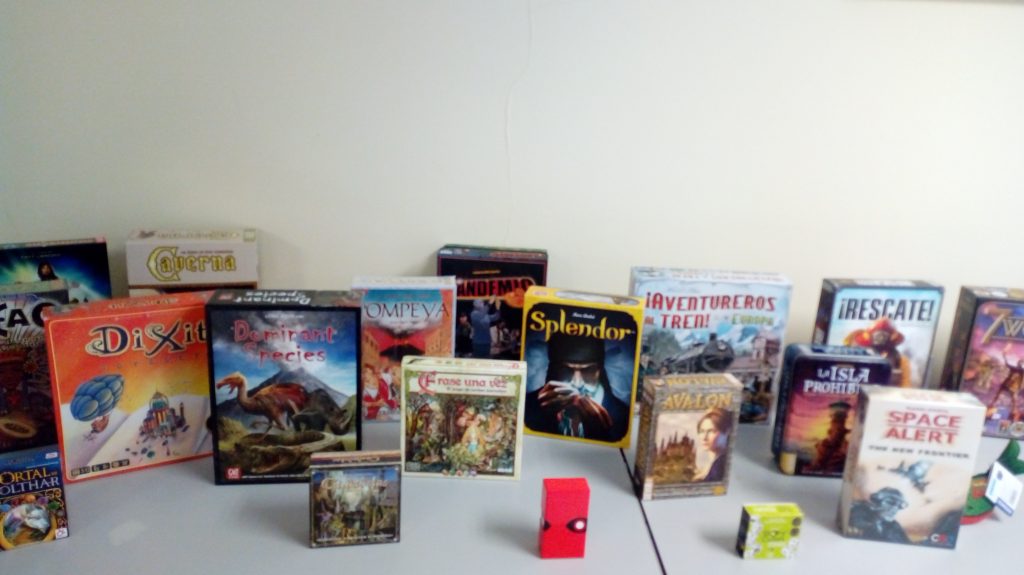Name of the Project: The Gamification of Employment
ProjectNumber: 2018-2-ES02-KA205-011702
Duration: 26 months
Applicant organization: Fundacion Aspaym Castilla Y Leon – SpainO
Organizations Partner: CEIPES – Italy; Rosto Solidario – Associacao deDesenvolvimento Social e Humano – Portugal; UEMEC Universidad Europea Miguel de Cervantes – Spain; AICSCC Asociatia Institutul de Cercetare si Studiul Constiintei Cuantice – Romania;
Financed by: European Commission
Key-Action: Key-Action 2- Cooperation for innovation and exchange of Good practices- Strategic partnership for Youth
Nowadays, when applying for a job the applicant is not only judged by qualifications but increasingly more by the soft skills. Therefore, companies refers to criteria of selection which are directed towards evaluating these aspects rather than solely their academic \ professional knowledges and competences.
Through empowerment and training, young people can reach higher levels of success in their future employment endeavours. However, training these key competences and social skills cannot be approached in an academic manner hence, board games shall be used as an alternative method. Participating in board games allows the individual to simulate contexts and various situations,that can be transferred to the reality.
From 16th to 17th January, Valladolid hosted the kick off meeting of the project “The Gamification of Employment”, coordianted by ASPAYM (Castilla Y Leon Foundation), and which involves 4 other partner organisations: CEIPES (Italy), Rosto Solidario (Portugal), UEMC (Spain), AICSCC (Romania).
During the meeting, the partners discussed about the transversal skills that, today, are more requested by the companies and on which to focus in order to achieve the main objectives:
The main aims:
- Use transnational and intersectoral cooperation in order to develop, try and implement the innovators work methods with young people, through board games.
- Improve the youngsters’ participation to then identify, train and evaluate the most important soft skills to increase their employability.
- Increase the transferability of innovative and non-formal methodologies.
- Strengthen strategic association between the partners involved through development and diffusion of intellectual products and innovative work methodologies, in the non-formal education field.
This first meeting highlighted the synergy between the partners that, in the next months will work to implement the project activities, creating a methodology manual and a website.
To know more about the project, keep following us!
